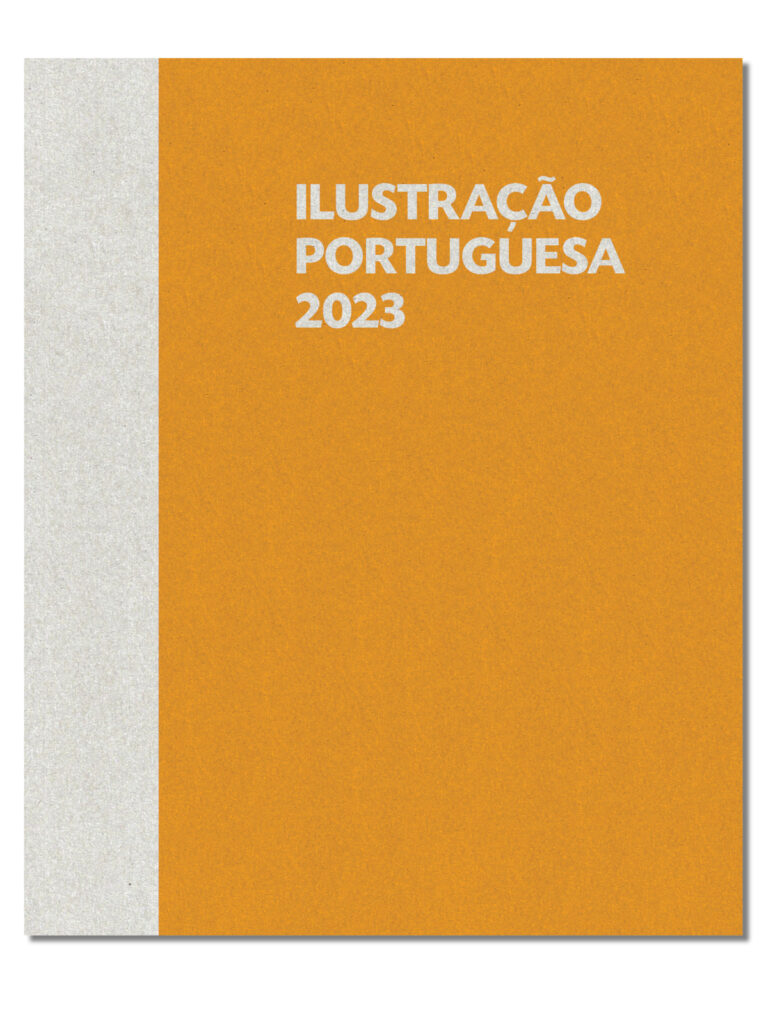Leseratte
Well-known member
Something about the history of the Brazilian editions of the books by the Gard. The editor was O Globo, probably the greatest editor from Rio Grande do Sul. The translator was certainly from the south too, so nothing strange about consecrated French characters strutting around and saying "Che, Barbaridade"! At that time I guess, one wasn´t so particular about it, specially not the gaúchos, who love their idioms. But because of this particularity it is a historical edition you have there.The Thibaults is a book which is very special for me! ?
I was reading this monumental book when my daddy was on his deathbed 5 months ago and it gave to me forces to face that difficult situation.
I was reading the brilliant volume called La Mort Du Père or "The Father's Death" when my daddy was suffering a lot of pain with kidneys' failure (the same cause of death of Monsieur Thibault in the novel).
Jacques, the imature, knew to face the problem with serenity albeit your methodic brother didn't know (he faced the problem with serendipity - a bad pun, I admite it - with doses of sarcasm and false coldness).
Jacques gave to me forces and humanity to face my father's death. It was a comfort and a relief!
I love this one so much because contains in its plot a "faustian pact" (a dreamer/free young boy with existencial/desilutional struggles in some conflicts with a methodic brother and an austere father), notions about existencialism and absurdism (before Camus and Sartre), an interrupted bildungsroman (as Jacques Thibault was maturing, his brother tries to interrumpt his saga), a hybrid realism/romantism in a historic overview (Mussolini being described in 1914's International as a moderate socialist is very funny - LOL) and another characteristics.
The brazilian preface has a briliant commentary by Moacir Japiassu (journalist, children's book writer and essayist): "[this book] isn't recommended for young people because [we] have no maturity and we are equal to Jacques Thibault, therefore we will have special feelings for him".
Camus said that this one didn't age well and sounds mushy in diverse moments, but it contains doses of psychogogical/humanity analysis in another parts, therefore it's a book which ought to read by every young person (trivia: when Du Gard won the Nobel Prize, he was very criticized by another french writers).
My impressions? I have passional ones, because it was the book which I read when my daddy passed away, but, in general, it's a very unknow and underrated novel
PS: The brazilian translation is very funny because has a lot of regional slangs from Rio Grande do Sul. LOL!
Here is a link about the O Globo editions of Roger Martin de Gard´s books. Sadly it is in Portuguese.
:https://www.fbpf.org.br/cd2/liste_des_auteurs/b/nilda_aparecida_barbosa.pdf


